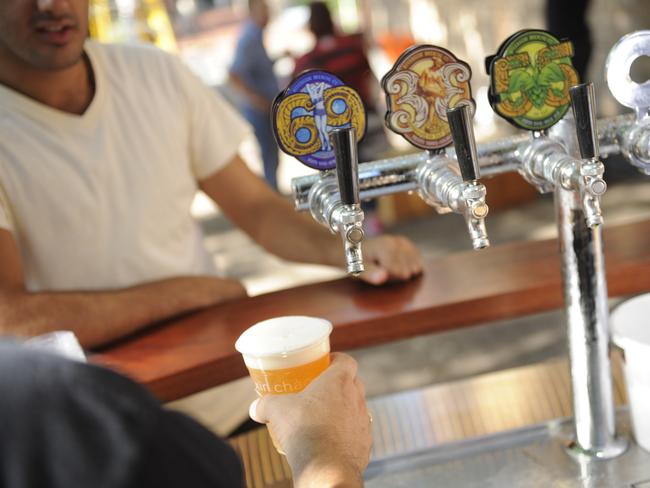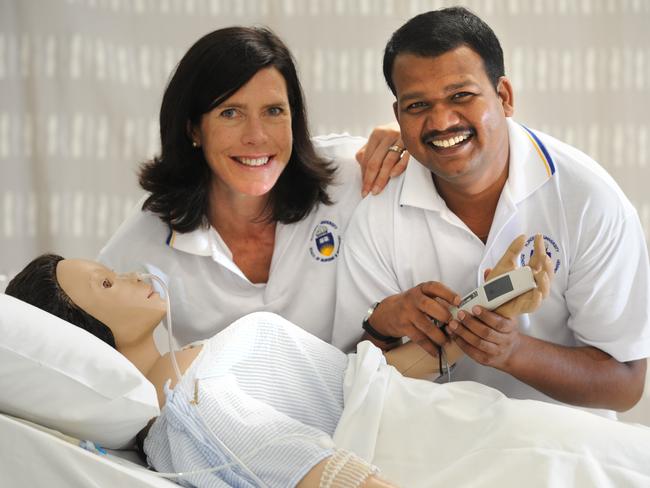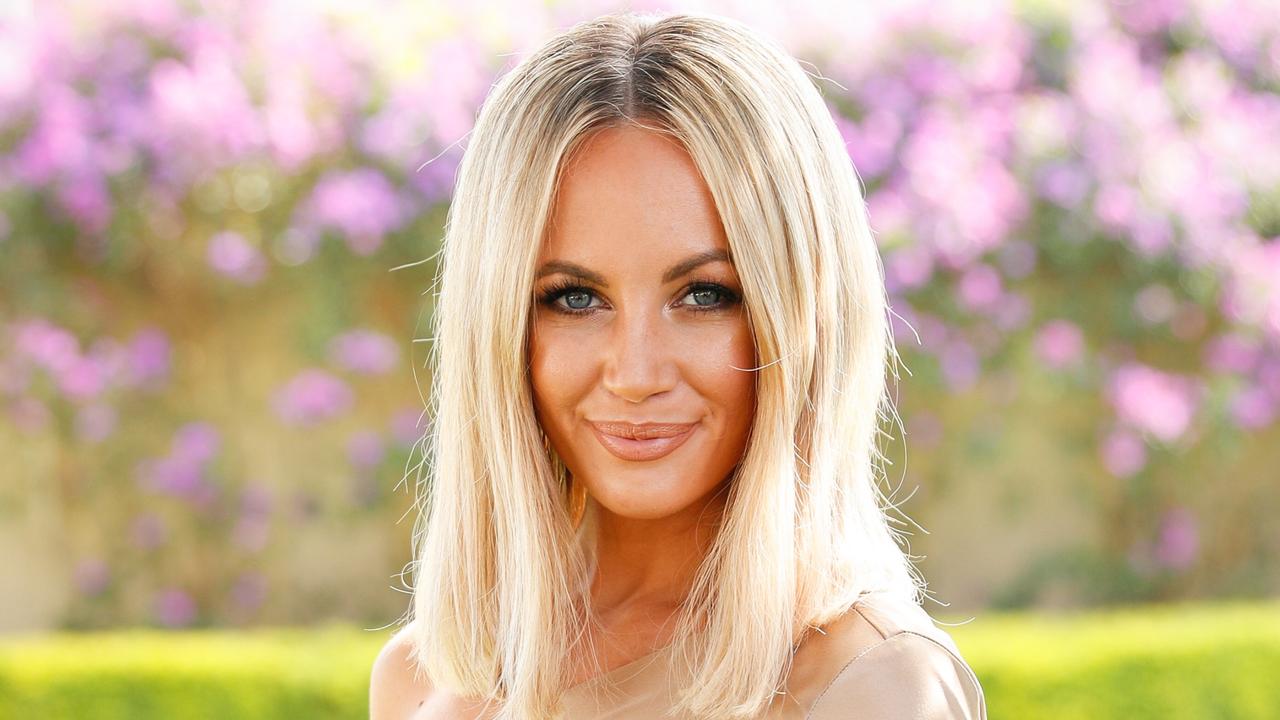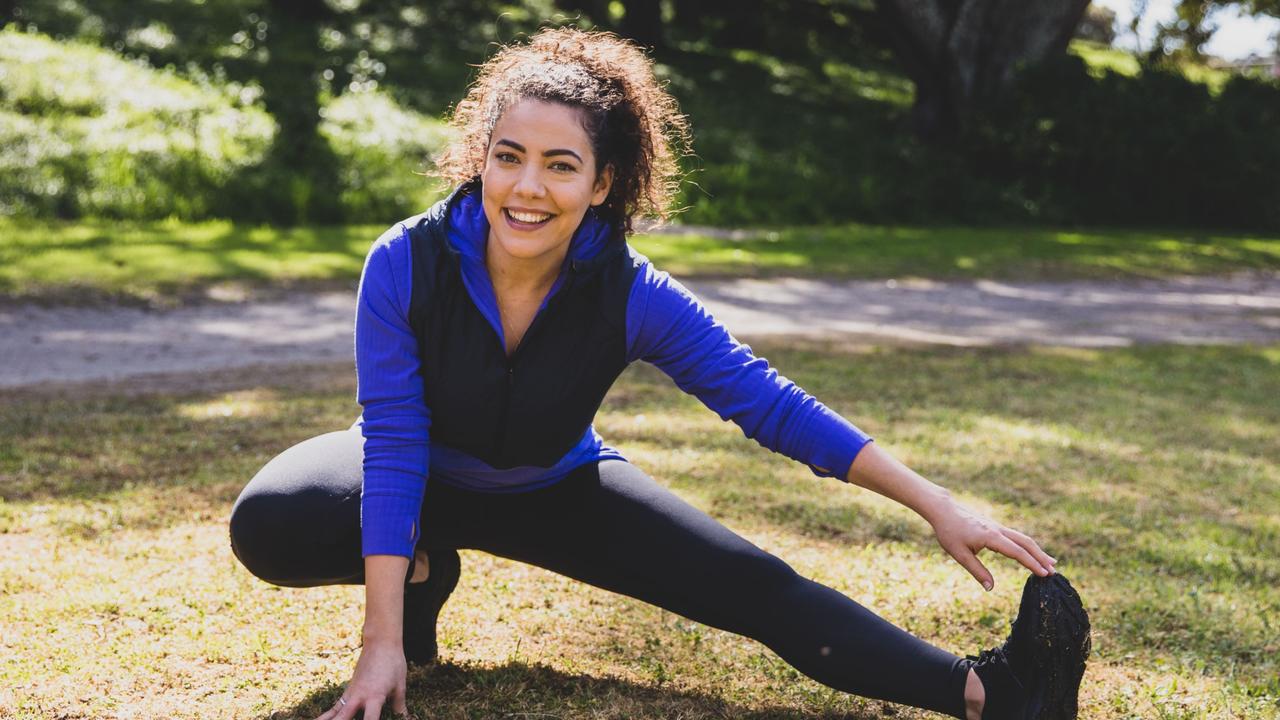Finance, career, diet, education and relationships: This is why we need to grow up at 28
YOU get to an age when it’s no longer cool to have pizza every night, no-strings flings and loans from your parents.

YOUR twenties are awesome. Partying every night, travelling the world, and maybe finally moving out of home for good.
But as you near the latter part of that decade, invites start to change from crazy parties to engagements and weddings.
While it’s tempting to ignore the number of candles on your next birthday cake, your late twenties are a good time to reassess your life.
It is time to grow up when you turn 28? This is what the experts had to say.
RELATIONSHIPS

Lifestyle coach Lisa Phillips didn’t think there was a specific age at which we needed to grow up, saying everybody was different. However, she did admit dating in your early 20s was very different to dating in your 30s.
She says young daters should just have fun and not try to “control the outcome”.
“You don’t have to go around and sleep with everyone you bump into — just have fun. It’s about being yourself,” she said.
She said the realities of dating were different once you reached your late 20s and early 30s, but she believed that was because of the expectations of society, rather than what might make you happy.
“I think everyone is different. One of the things that can make us more upset is thinking that we have to be in a relationship (at a certain age) because of society pressures or our parents,” she said.
“I’ve got a lot of clients who have hit 30 and are more worried about what other people think than whether they are actually happy. Let’s face it — if you are forcing yourself out to meet someone you don’t want to, you might be changing who you are.”

She did admit that — especially for women — dating was different as people grew older.
“If you desperately want to have kids, you can go into dating thinking about the outcome. That’s bound for failure — it can make you come across as desperate.”
But she acknowledged the realities of the biological clock.
“You might want to have that conversation fairly early if having kids is important to you. If it’s a deal-breaker for you — you need to talk about that in your relationship relatively early.
“Ultimately, let them know it’s your plan to have kids. If your partner tells you they are not interested in a family, at least you know. Don’t hang in there waiting for them to change.”
NUTRITION

While it was important to eat well and look after yourself no matter what your age, Sydney-based nutritionist Susie Burrell said once we hit our late 20s, it was even more critical.
“When it comes to nutrition, individual lifestyle and genetics are important, but in general once we get into our late 20s our metabolism changes,” she said.
She explained that previously slim people, who appeared to “get away” with eating junk at an earlier age, would start putting on weight.
“They might be skinny, but they’re not healthy. In your late 20s, years of inadequate nutrition starts to show,” Ms Burrell said.
“Our lifestyle also changes. We often become more sedentary, and weight gain can creep on because you’re not burning as many calories.
“We start to see risk factors for heart disease and diabetes arise as a result of a party lifestyle. Men in particular start to gain fat, especially around their tummies. It’s all related to their lifestyle.”

Ms Burrell said one of the most important things people could do in their late 20s was to include more vegetables in their diets.
“In a busy, social lifestyle, people can often rely on take away or pub meals, meaning inevitably you don’t get enough veggies. Maybe try having a salad lunch, veggie juice in the morning, or make a big effort to have a very big vegetable meal for dinner.”
It’s not only food that seems to affect us more as we get older. Hangovers appear much more painful.
But Ms Burrell said she believed that was a myth.
“I don’t think it’s necessarily easier to get over a hangover when you’re younger, but you probably have more time to lie around all day and get over it. When you’re older
you might have to work or look after kids, so it tends to hit you harder.
“Keep very mindful about how much alcohol you’re drinking, because people can go from drinking twice or three days a week to drinking every day, it’s a gradual habit. That can result in a fatty liver long term, and it’s linked to a number of types of cancer, including breast cancer and prostate cancer.”
She also acknowledged that it could be difficult to exercise daily once you reached your late 20s, but getting our heart rate up was critical for our long term health.
“It is hard to start if you have never been in a regular exercise habit. Modern life is so sedentary. People sit for 10-12 hours a day. It’s dangerous for our health if we don’t move.”
CAREER

Sure, spending years backpacking the world is fun, but by the time you are in your late 20s, many of your peers could be well established in their careers. Even if you have spent the better part of a decade working hard, you might not be in an industry suited to you, which will not only affect your satisfaction at work, but could affect your long-term income potential.
Karalyn Brown, the founder of career consultancy firm interviewIQ, said our late 20s was an important time to step back and assess where we were going in our careers.
She said who spent years travelling or jumping around jobs in different industries need not necessarily worry they’d be left behind by their peers.
“I actually think you can explore a little in your 20s. People expect that you might have had a gap year. People look on that as a time of finding your feet.”
But she said if you had been working in your current job or industry for a while, and always felt as though you were in a “career rut”, it could be an indication you were in the wrong industry.
Ms Brown suggested getting feedback from your friends and family. “Ask them questions such as ‘Am I always complaining about the same things?, ‘Am I in the right job?’, and ‘Am I working in an area that matches my strengths?’”
She said honest conversations with the people closest to you would help you work out if you were in the wrong career.
If you did think you were in the wrong industry, Ms Brown said a career counsellor could help steer you in the right direction.
“A career counsellor will help assess your key strengths and what careers might be good for you. Invest in yourself to find out what makes you tick and where your underlying strengths are. If you have a career that’s aligned to your underlying strengths, that will help you go further and make more money in the long run.”

She said if you were unhappy, even when making good money, your late 20s was a good time to step back and think about your career.
“It’s a lot harder to change later on in life because there are usually more commitments, like a family or mortgage for example. If you don’t reflect on your career now you could be unhappy for years to come.”
If you decided that you were in the right industry but the wrong job, there were clear steps you could take to help you achieve your career goals.
“Find some people who are doing something that you want to do. Go and have a chat to them about the realities of that role — what they like about it what they don’t. You’ll not only learn about that type of job, but it will let people know you are looking, and might lead to a job in the future.”
She said it was important to think about what you can offer a potential employer, and not focus on the salary.
“Do your research and present that in a compelling way. You need to think about the difference you can make to an employer in three or four years’ time”.
EDUCATION

If you have looked at your overall career goals and decided that you needed to study, there were many options.
Steve Sumter, manager of future students at UNSW, said your late 20s was a great time in your life to study.
“It is a good time because you’re a bit more settled with what you want to do. You have most likely been in the workplace. You are more mature, and you have better habits of getting through your study. I know a lot of people at that age are better at organising what they need to do each day and that helps with the study.”
He also said people gained confidence in themselves as they grew older, which would help them succeed academically.
“Often school leavers are a little bit intimidated in asking questions. By the time you’re in your mid-to-late 20s, you’ve overcome that. If you have a question, you’ll get the answer.”
But he admitted mature age students had different challenges that made study difficult.
“You’re often supporting yourself. You might have to combine your study with working. And some people are married with children. It’s about balancing everything in your life.”
Mr Sumter advised all students to seek help, even if they didn’t feel as if they were struggling, as they could find ways to work more efficiently.
“There’s quite a bit of support. There is support within the faculty. There’s often a learning centre — there are people there to help you develop your study skills.”
FINANCES

Personal finance writer Sophie Elsworth said it was important to take stock of your finances once you hit your late 20s.
“Getting control of your finances in your 20s is important as it will set you up for the rest of your life. Regardless of your situation, managing debt and having a financial plan of attack is critical.”
She said for many people, getting on top of debt was the first thing that needed to be addressed.
“Pay off your debts with the highest interest rates first, which would usually be credit cards. One way of doing this is setting up a balance transfer. There’s a few on the market with a honeymoon interest-free period.”
She added a good way to tackle debt was consolidate it.
“If you roll everything into one and attack it, you know you’re reducing your overall debt. Your bank should be able to help you with this. Sometimes people get personal loans to pay off all their credit cards, then pay the personal loan off, as that will probably have a lower interest rate.”
She said we shouldn’t necessarily be afraid of using credit cards, but warned it depended on how you managed your money.
“They can be good. You can get bonus frequent flyer points. But if you don’t feel you can pay off the full amount every month, it’s probably not a good idea to have a credit card, use a debit card instead.”
Ms Elsworth said that once debt was under control, people should look into setting up a savings plan.

“You can put a portion of your weekly wage into another account so you don’t touch it. Ask your employer to do it so you don’t see it. An online saver account is a good option here because you can access the funds at any time, and you’ll still make interest on your money”.
For those considering buying a home one day, Ms Elsworth said it was important to start saving for a deposit, and not get too disheartened about property price rises, as there were several ways to climb the property ladder.
“Put money away in a separate account and build that up. You should also get pre-approval for a loan, even if you’re not in a position to buy right now, as it will show you how much you can borrow and how much you can pay off. It’s a big reality check”.
She suggested one way of getting into the market was take out a parent equity loan.
“It’s basically where a parent uses the equity in their home to act as a guarantor for their child’s property. It’s advisable to use a lawyer in this situation, as the parents will hold the responsibility if you default.”
If property wasn’t on the cards in the short term, Ms Elsworth suggested investing in shares.
“It’s good to have a look at them, and maybe put a portion of your money in them so you’ve got a mix of asset classes.”
Lastly, even though retirement was years away, Ms Elsworth said people needed to think about their superannuation.
“It’s important to consolidate all your accounts into one, because you have to pay fees on each account.”
But she warned against putting extra cash into your super at this stage in your life.
“Think about where your money should go. If you have a credit card debt with a 20 per cent interest rate — get rid of that first”.
Got more tips for those 20-somethings? Chat with @KateCalacouras on Twitter.




